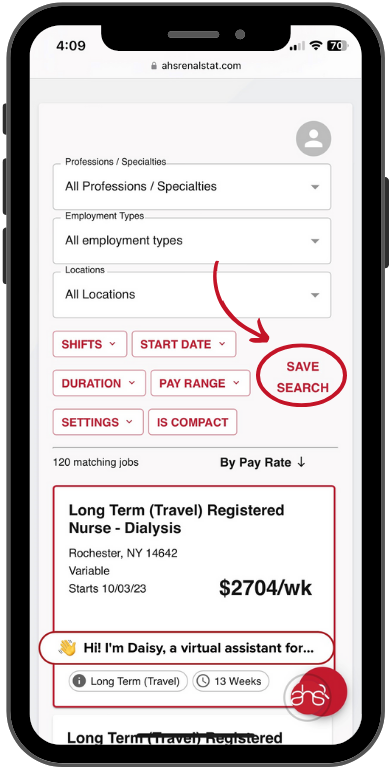Increasing blood levels of particular proteins may act as warning signs for patients with one of the most common kidney diseases, according to a study published in an upcoming issue of the Journal of the American Society of Nephrology
IgA nephropathy occurs when IgA1, a protein that helps the body fight certain infections, becomes modified and settles in the kidneys. This ‘first hit’ of the disease is followed by a ‘second hit’ when the patient”s immune system mounts an antibody response against these modified IgA1 molecules. Over time, these events can damage the kidneys, which subsequently leak blood and protein in the urine, and can lead to hypertension and kidney failure.
To better characterize the disease, Francois Berthoux, MD, from the University Hospital of Saint-Etienne, France, Jan Novak, MD, PhD, from the University of Alabama at Birmingham, Hitoshi Suzuki, MD, PhD from Juntendo University, in Tokyo, Japan, and their colleagues studied blood samples from 97 patients with IgA nephropathy and compared them with samples from 60 individuals without the disease. They found that blood levels of modified IgA1 and the antibodies that target them increased according to the severity of patients’ disease. Also, patients with highest blood levels of antibodies against modified IgA1 at the time of diagnosis had the highest risks of eventually needing dialysis due to kidney failure and of dying prematurely.
“This paper is a first step, and in the future we have to refine these tests to check the impact of different treatments on these serum biomarkers, and to imagine new therapies with direct impacts on modified IgA1 or on the specific antibody responses against it,” said Dr. Berthoux. ~NephrologyNews&Issues~


